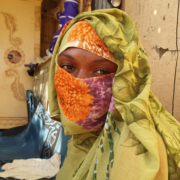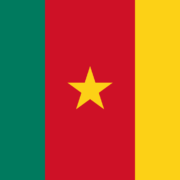Central Africa
Chad
Chad, a landlocked country in Central Africa, is the continent’s 5th largest country. It has one of the largest oil reserves in Africa
Central Africa
Chad, a landlocked country in Central Africa, is the continent’s 5th largest country. It has one of the largest oil reserves in Africa
Population: 16,766,000
Main Religion:Islam (52%)
Christians: 5.8 million (35%)
Literacy training coupled with discipleship training
Chad, a landlocked country in Central Africa, is the continent’s 5th largest country. It has one of the largest oil reserves in Africa. Sadly, it remains one of the poorest countries on the continent. The terrain consists of a shallow basin that rises gradually from the Lake Chad area in the west and is rimmed by mountains to the north, east, and south. Much of the northern part lies in the Sahara and as a result, population density is extremely low at 8 people per square kilometre. (Brittanica)
Chad is a republic. In April 2021 newly elected president Idris Deby died from injuries sustained in battles with insurgents in the north of the country. His 37-year-old son, General Mahamat Idriss Deby took power. He dismissed the Chadian parliament, establishing a Transitional Military Council (TMC) and promising elections within 18 months; the transition was extended for 24 months and the TMC was dissolved in October 2022, postponing elections until 31 October 2024. The government is known for operating via lines of tribalism and nepotism and for tolerating corruption. The country has been battling Boko Haram and Islamic State West Africa Province for over a decade.
Though Chad officially allows for freedom of religion Muslims lead politics, the economy and society. There is growing Islamic fundamentalism, mainly caused by the presence of Boko Haram in the country. Further, there are cases of intimidation and/or discrimination from Islam in especially the North and from African Traditional Religions (ATR) in the South.
Persecution is visible mostly within community, family and private spheres in Chad. It is subtler in the national sphere. Persecution is most common to those who leave Islam or ATR (especially when they refuse to take part in rituals and rites).
Churches and clergy are often targeted.

 Cameroon
Cameroon